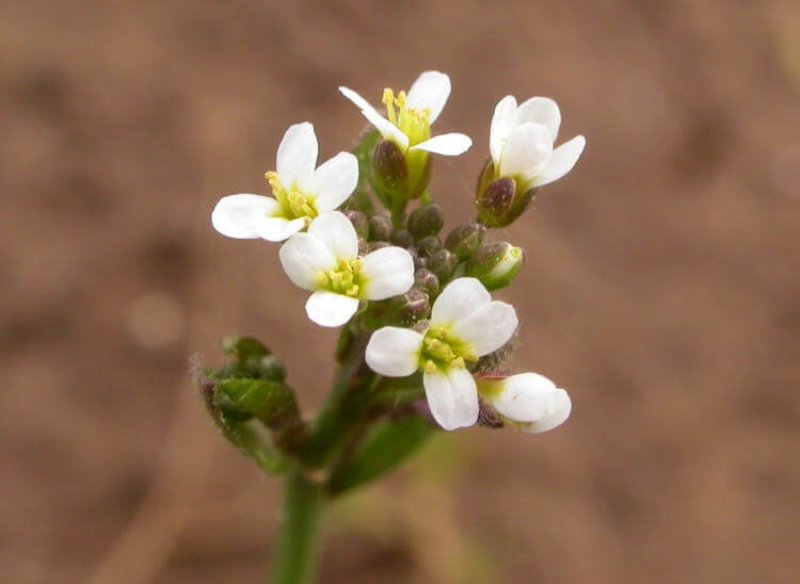Keini Dressano, Alisa Huffaker and their colleagues at the University of California San Diego’s Division of Biological Sciences have discovered a critical “on-off” switch in the plant immune response system. As described July 20 in their report published in Nature Plants, they identified a new regulatory switching mechanism — an RNA-binding protein — that helps turn on immune responses a few minutes after attack. Hours later, the switch follows with a deactivation “off” signal to avoid self-inflicted damage to the plant.
“These findings have provided new insights into how the complex intricacies of plant immune responses are orchestrated to successfully fight off pathogens, and lay a path forward for improving plant disease resistance to ensure future food stability,” said Huffaker, an assistant professor in the Section of Cell and Developmental Biology.
The novel switch was found in Arabidopsis plants to control splicing of mRNA transcripts that encode signaling protein regulators of the plant immune response. To turn immune defenses on, the researchers say, a simple chemical modification of the RNA-binding protein reverses mRNA splicing that normally keeps immune responses deactivated. To turn the immune response back off, a second chemical modification of the RNA-binding protein returns mRNA splicing to “normal,” and the immune response is back to being held in check.
…
The finding lays the groundwork for improved plant disease resistance and food stability.































